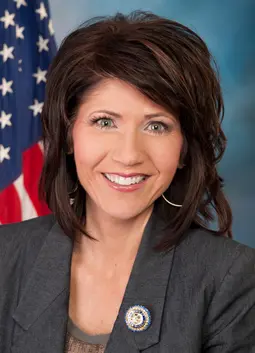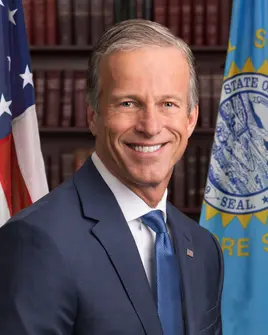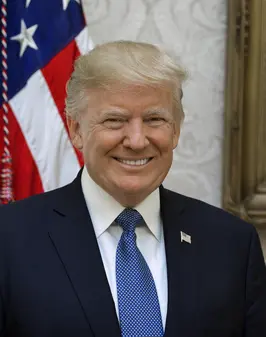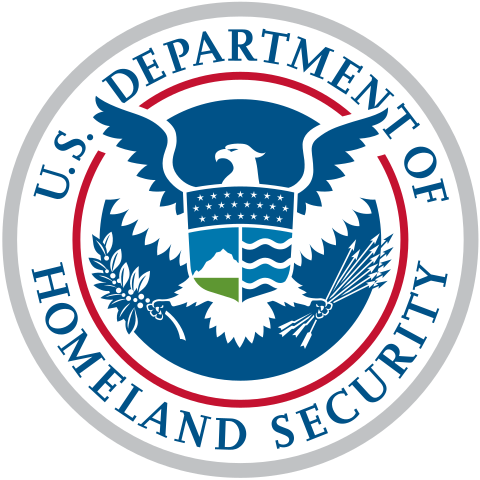The U.S. Senate is poised for a pivotal vote on confirming Kristi Noem, the governor of South Dakota, as the new Homeland Security Secretary. This decision places South Dakota at the heart of national security discussions, as Noem takes charge of overseeing critical agencies like U.S. Customs and Border Protection, Immigration and Customs Enforcement, and Citizenship and Immigration Services. Her confirmation would also align her with President Donald Trump’s plans for tighter immigration enforcement and potentially monumental changes to the Department of Homeland Security.

Kristi Noem
Noem’s connection to South Dakota runs deep, and her political career reflects the independent spirit of its people. Serving as the state’s lone U.S. House representative for eight years before being elected governor in 2019, Noem has gained national attention as a staunch ally of Trump. Her nomination advanced through the Senate Homeland Security and Governmental Affairs Committee with a decisive 13-2 vote, signaling bipartisan confidence in her abilities.
Senate Majority Leader John Thune, also from South Dakota, emphasized Noem’s qualifications, stating, “Fixing this crisis and restoring respect for the rule of law is one of President Trump and Republicans’ top priorities. And it’s going to require a decisive and committed leader at the Department of Homeland Security. I believe Kristi has everything it takes to undertake this task.”

John Thune
Noem’s prospective role as Homeland Security Secretary comes amid President Trump’s plans to involve the military more directly in immigration enforcement and to reshape FEMA. This transition could thrust Noem into the national spotlight, especially as the administration seeks to manage border security amid controversial immigration policies. During her confirmation hearings, Noem affirmed her commitment to administering disaster aid according to the law, without political bias, stating, “I will deliver the programs according to the law and that it will be done with no political bias.”
In South Dakota, immigration is more than just a border issue; it’s integral to the local economy, with many undocumented migrants working in essential capacities within agriculture and other labor-heavy industries. As such, Noem faces the challenge of balancing national security mandates with the economic needs of her home state.

Donald Trump
Her stance on border security has not been without controversy. She drew attention for sending South Dakota National Guard troops to Texas to assist with Operation Lone Star, an initiative aimed at deterring migrant crossings at the U.S.–Mexico border. This decision, partly funded by a $1 million donation from a Tennessee billionaire, was criticized by some as politically motivated.
Noem’s tenure as South Dakota governor has been marked by her close alignment with Trump policies, and she remains a key figure in the Republican Party. Her leadership style reflects her rural roots in the Midwest, where resilience and community spirit play vital roles in navigating political and social challenges.
As the Senate prepares for the vote, South Dakotans and the wider American public await the outcome, which could significantly influence the trajectory of DHS policies for years to come. The decision stands as a testament to Noem’s political journey and her state’s growing influence on the national stage, underscoring South Dakota’s importance in the broader context of American governance.
